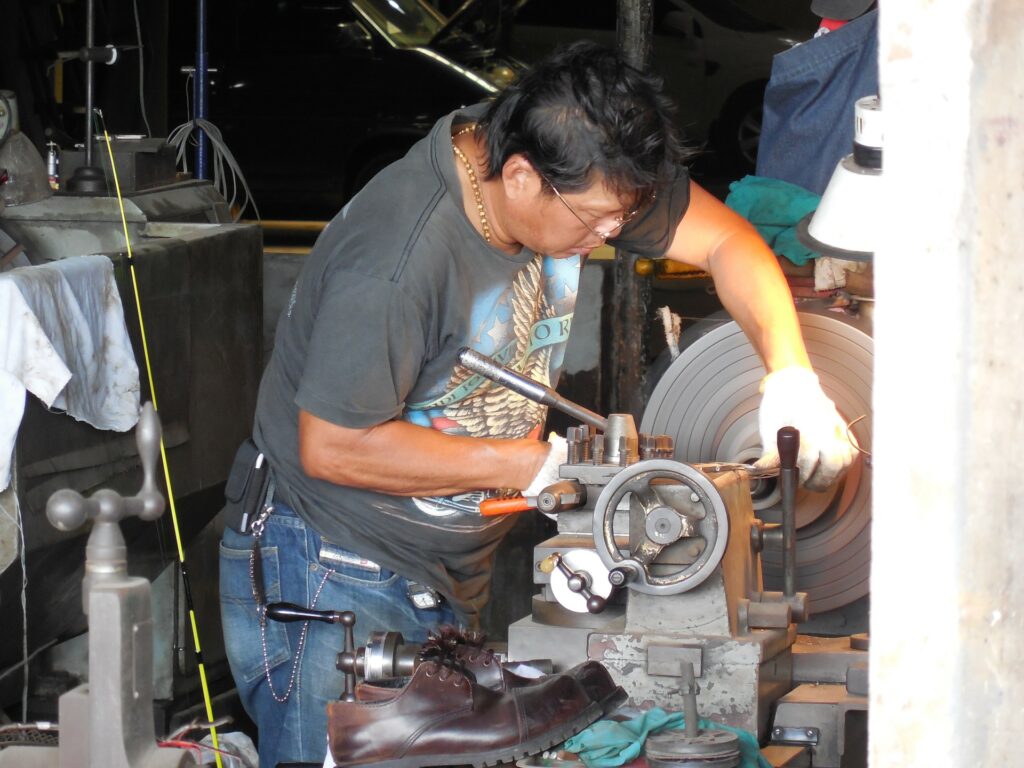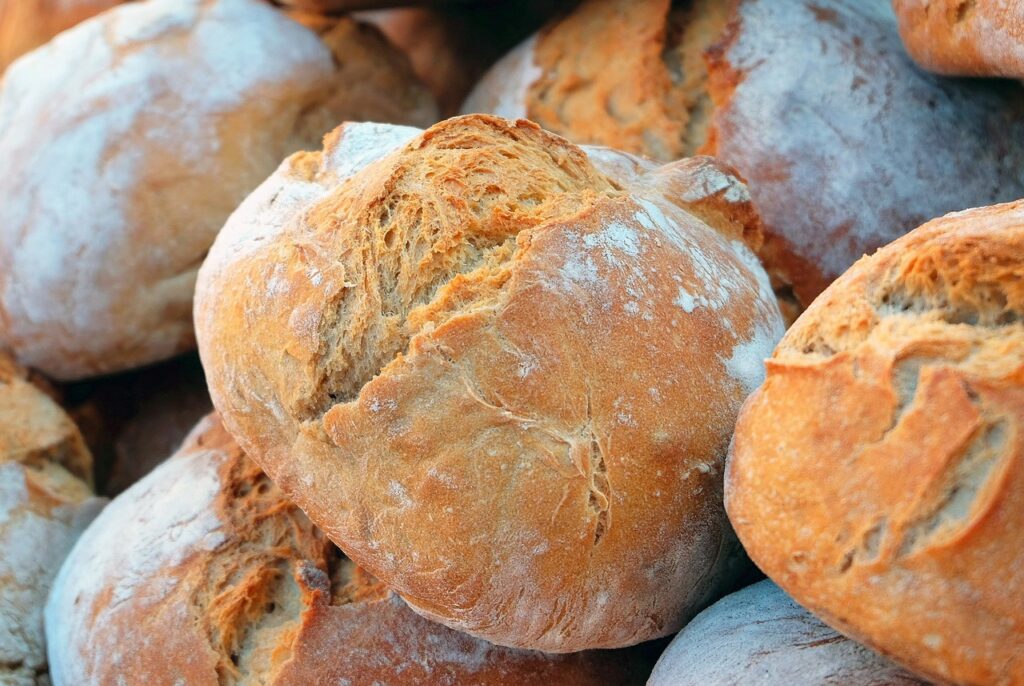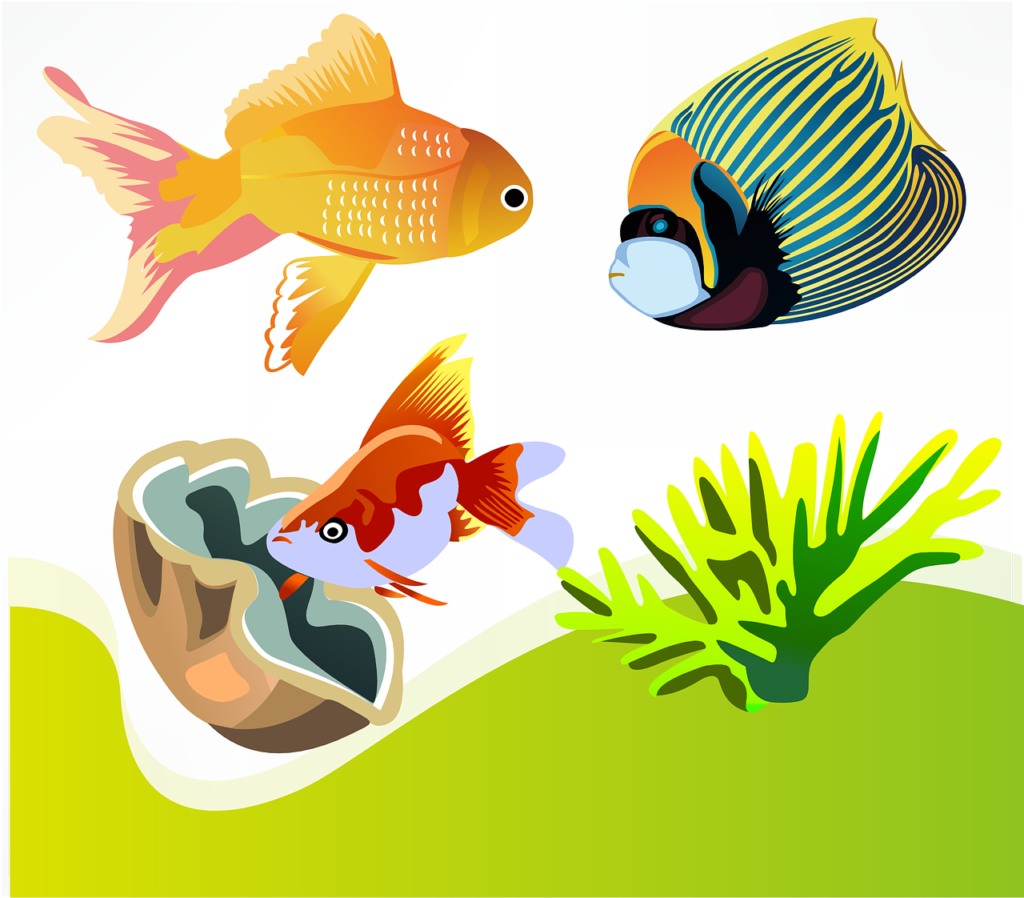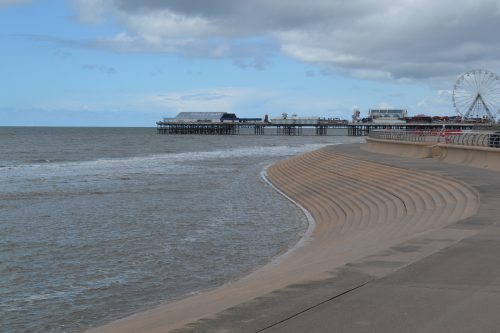
Słówka dnia zebrane z fanpage’a na facebooku
Czerwiec 26, 2022 Agata Pruszyńska
Wakacyjna seria wpisów trwa w najlepsze i dziś mogę Was zaprosić na kolejną odsłonę wspólnej nauki języka angielskiego. Wpisy bazują na zwrotach i wyrażeniach, które do tej pory mogliście śledzić na moim profilu na instagramie oraz fanpage’u na facebooku.
Nauka angielskiego online – Słówka dnia
Dziś przygotowałam dla Was kolejny wpis poświęcony słownictwu zebranemu z mojego fanpage’a na facebooku. Tym razem zgromadziłam wszystkie słówka dnia (Word of the day) z publikowanych przeze mnie wpisów. Do większości słów udało mi się dopasować grafiki lub zdjęcia, które pomogą Wam w zapamiętaniu danego słówka. Pomocne okażą się również wyjaśnienia słówek w języku angielskim, tłumaczenia na język polski oraz przykładowe zdania.
Słówka podzielone są na trzy kategorie:
-
przymiotniki w języku angielskim,
-
rzeczowniki w języku angielskim,
-
czasowniki w języku angielskim.
Zapraszam do dalszej lektury i wspólnej nauki, a po części teoretycznej zajrzyjcie koniecznie do części praktycznej, czyli do ćwiczeń, które dla Was przygotowałam. Znajdziecie je tutaj – Słówka dnia – Ćwiczenia. Udanej i przyjemnej nauki : )
Przymiotniki w języku angielskim
 (1) STATE-OF-THE-ART = the most modern, super-modern (najnowocześniejszy).
(1) STATE-OF-THE-ART = the most modern, super-modern (najnowocześniejszy).
 (2) GULLIBLE = a person who is naive, believe in everything and trust everyone (łatwowierny, naiwny).
(2) GULLIBLE = a person who is naive, believe in everything and trust everyone (łatwowierny, naiwny).
E.g. She’s very gullible when it comes to political promises.
 (3) SIGNIFICANT = meaningful, important, considerable (znaczący, ważny)
(3) SIGNIFICANT = meaningful, important, considerable (znaczący, ważny)
E.g. Few aspects, which you’ve already mentioned, were significant in this criminal case.
(4) SPACIOUS = roomy, large; when something is spacious it means that there is a lot of place, e.g. a room or flat can be spacious (przestronny).
 (5) EXTRAORDINARY = exceptional, incredible; when sth is extraordinary it means that you can’t encounter it everywhere (nadzwyczajny).
(5) EXTRAORDINARY = exceptional, incredible; when sth is extraordinary it means that you can’t encounter it everywhere (nadzwyczajny).
E.g. His kindness and hospitality was extraordinary. Nowadays, there aren’t many people like him.
 (6) TERRIFIC = it’s got two meanings: first is huge (ogromny, potężny), and second is amazing, wonderful (niesamowity, wspaniały).
(6) TERRIFIC = it’s got two meanings: first is huge (ogromny, potężny), and second is amazing, wonderful (niesamowity, wspaniały).
Examples:
➡ 1. He received a terrific applause after his moving speech.
➡ 2. The meal in the restaurant was terrific.
 (7) TIMID = someone who is lacking in bravery or self-assurance; someone who is shy (nieśmiały, bojaźliwy).
(7) TIMID = someone who is lacking in bravery or self-assurance; someone who is shy (nieśmiały, bojaźliwy).
E.g. At the beginning she was very timid, but after a while she started to be more talkative.
 (8) OUTSTANDING = has two different meanings; it can mean special & distinguished (wybitny) or overdue & unpaid (zaległy).
(8) OUTSTANDING = has two different meanings; it can mean special & distinguished (wybitny) or overdue & unpaid (zaległy).
Examples:
➡ 1. He’s an outstanding heart surgeon and he’s going to operate on in our hospital.
➡ 2. When I went on holidays, I left some outstanding bills but I settled them when I came back.
 (9) KNOTTY = full of difficulties and complications, difficult to solve or understand (zawiły).
(9) KNOTTY = full of difficulties and complications, difficult to solve or understand (zawiły).
E.g. The case was really knotty. Finding a solution took us almost 2 days.
 (10) IMPETUOUS = someone who rushes into things without even thinking of consequences (quick-tempered, porywczy).
(10) IMPETUOUS = someone who rushes into things without even thinking of consequences (quick-tempered, porywczy).
E.g. He tends to be very impetuous at work which has a bad effect on our customers.
 (11) FULLY-FLEDGED = it means that something is developed to the fullest degree or that somebody is well-qualified and skilled (pełnoprawny, wykwalifikowany).
(11) FULLY-FLEDGED = it means that something is developed to the fullest degree or that somebody is well-qualified and skilled (pełnoprawny, wykwalifikowany).
E.g. First, it was just an idea of own business, but now we are a fully-fledged company.
 (12) SAVVY = someone who is showing comprehension in practical matters; he is experienced and knowledgable (łebski, doświadczony).
(12) SAVVY = someone who is showing comprehension in practical matters; he is experienced and knowledgable (łebski, doświadczony).
E.g. He is very savvy and this is one of many reasons for which I like working with him.
 (13) BLAND = when something is without taste or it lacks strong flavour. It also can mean that something is not interesting or exciting (mdły, nijaki).
(13) BLAND = when something is without taste or it lacks strong flavour. It also can mean that something is not interesting or exciting (mdły, nijaki).
E.g. Ordered dishes were bland and we used spices but they didn’t help too much.
 (14) SAVOURY = when something is tasty or salty and spicy (smakowity, słony, pikantny).
(14) SAVOURY = when something is tasty or salty and spicy (smakowity, słony, pikantny).
E.g. I love savoury food because it has a strong flavour.
 (15) CRUSTY = when something is crispy and has got a thick crust (chrupiący).
(15) CRUSTY = when something is crispy and has got a thick crust (chrupiący).
E.g. She loves fresh bread because it’s crusty.
 (16) DISJOINTED = incoherent, lacking order (bezładny).
(16) DISJOINTED = incoherent, lacking order (bezładny).
E.g. The plot of the film was totally disjointed. I couldn’t make any sense of it.
 (17) PRISTINE = not polluted or spoilt, extremely pure (nieskazitelny, nieskazitelnie czysty).
(17) PRISTINE = not polluted or spoilt, extremely pure (nieskazitelny, nieskazitelnie czysty).
Examples:
➡ pristine white (nieskazitelnie czysta biel),
➡ pristine environment (nieskazitelne środowisko).
 (18) STAGGERING = overwhelming or astounding, shocking (zawrotny, zdumiewający).
(18) STAGGERING = overwhelming or astounding, shocking (zawrotny, zdumiewający).
Useful expressions:
➡ staggering bills (zawrotne rachunki),
➡ staggering news (zdumiewające wiadomości),
➡ a staggering success (zdumiewający sukces).
(19) SELF-SUFFICIENT = someone who is able to maintain on its own without anyone’s help (samowystarczalny).
E.g. She’s very self-sufficient. She never asks for a favour.
(20) INEXORABLE = it means that something can’t be stopped and it’s going to happen. Synonym of inexorable is inevitable (nieunikniony, nieuchronny).
Examples:
➡ inexorable decline (nieuchronny spadek),
➡ inexorable truth (nieunikniona prawda),
➡ inexorable justice (nieuchronna sprawiedliwość).
(21) STEADFAST = firm in belief or determination. Someone who stays the same for a long time and doesn’t change quickly. It can also mean someone who is decisive (niezachwiany, zdecydowany).
E.g. His beliefs are steadfast. He will remain the same forever.
(22) RUDIMENTARY = when something is rudimentary it means that it’s basic, elementary (podstawowy).
E.g. It’s a rudimentary draft which we’re going to implement in our city.
Rzeczowniki w języku angielskim
 (23) HAVEN = it can be a harbour, but it can also be a place of safety (przystań, schronienie).
(23) HAVEN = it can be a harbour, but it can also be a place of safety (przystań, schronienie).
E.g. He’s been seeking his haven for years.
 (24) REFRESHMENTS = something small to eat or drink, it can be a light meal or a snack (przekąski).
(24) REFRESHMENTS = something small to eat or drink, it can be a light meal or a snack (przekąski).
E.g. During the meeting delicious refreshments were served.
 (25) BEDSIT = a bedroom and sitting room combined, small apartment for one person (kawalerka).
(25) BEDSIT = a bedroom and sitting room combined, small apartment for one person (kawalerka).
 (26) RAMBLER = someone who enjoys walking in the countryside and travels by foot. The other words for rambler are: pedestrian, walker, footer (pieszy, turysta).
(26) RAMBLER = someone who enjoys walking in the countryside and travels by foot. The other words for rambler are: pedestrian, walker, footer (pieszy, turysta).
(27) VARIETY = a big number of different things which have different shapes, colours, appearance (różnorodność).
E.g. The variety of paintings in this shop is overwhelming.
 (28) PERSISTENCE = is continuing to try. It is also the act of being stubborn or persistent (wytrwałość, upór).
(28) PERSISTENCE = is continuing to try. It is also the act of being stubborn or persistent (wytrwałość, upór).
E.g. Her persistence is invincible. She never gives up.
Czasowniki w języku angielskim
 (29) OVERSTATE = exaggerate, to state sth too strongly (wyolbrzymiać, przesadzać).
(29) OVERSTATE = exaggerate, to state sth too strongly (wyolbrzymiać, przesadzać).
E.g. I overstated the facts a little bit just to obtain his approval.
 (30) PREOCCUPY = to engage someone’s interest or attention or to make somebody unable to think clearly (zaprzątać).
(30) PREOCCUPY = to engage someone’s interest or attention or to make somebody unable to think clearly (zaprzątać).
E.g. Risky expedition to Asia has been preoccupying his mind for almost two years.
Mam nadzieję, że dzisiejszy wpis Wam się spodobał i że będziemy kontynuować w te wakacje naszą wspólną naukę języka angielskiego 🙂













